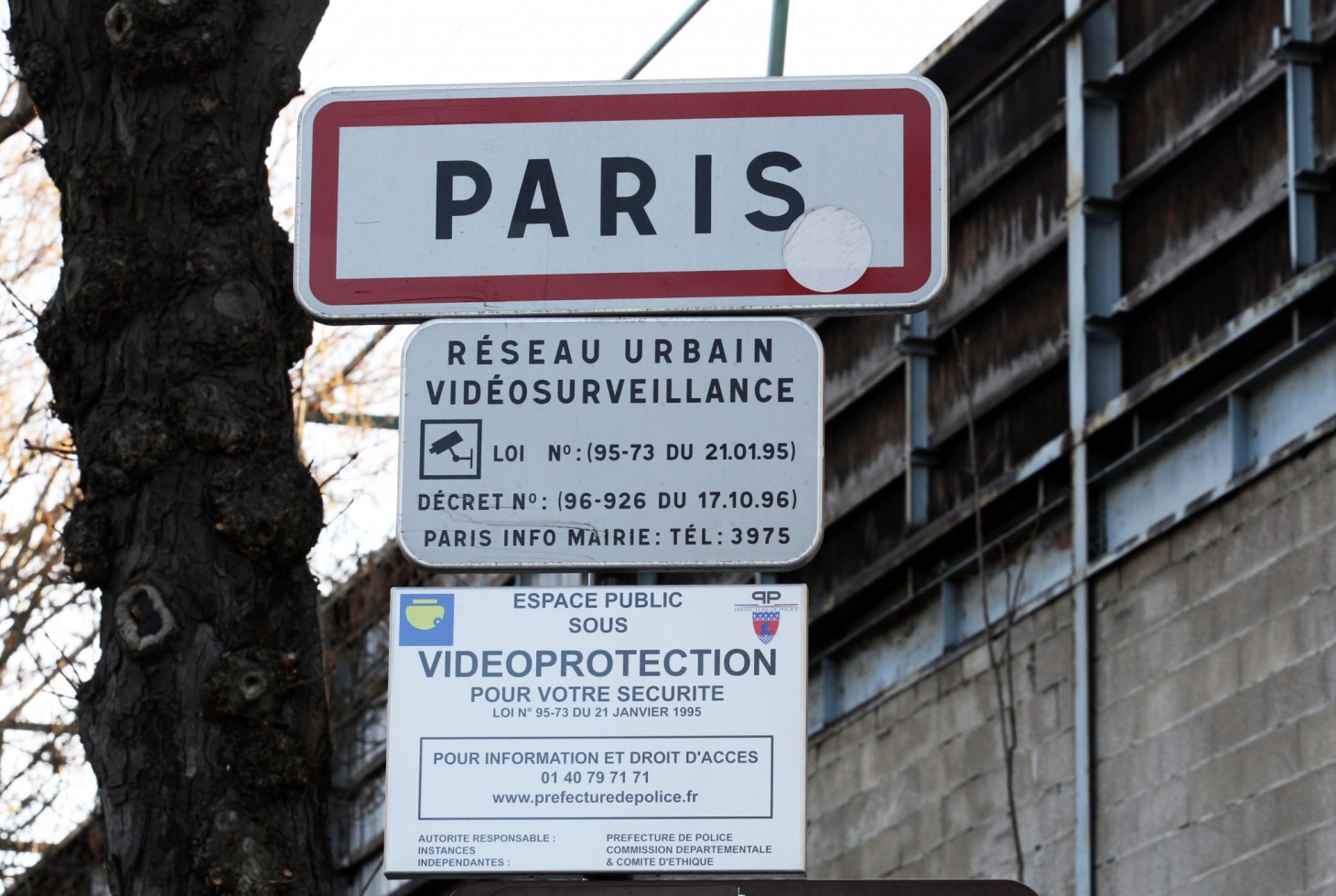Olympic Games
09.03.2023
France’s Law Commission makes changes to Paris 2024 surveillance Bill

-
Members of the discussion:
-
Last reply:
Two changes have been made to a controversial Bill that will allow experimental artificial intelligence (AI)-powered video surveillance to be used during next year’s Olympics and Paralympics in Paris.
The French National Assembly’s Law Commission has adopted the two amendments during a meeting today, according to French newspaper Le Monde.
Among those included setting the date of ending the permission of AI video surveillance to the end of December next year.
The French Council of State had requested for the technology to be in use until June 30 in 2025 but December 31 in 2024 has been agreed by the Law Commission "such as to allow relevant evaluation of the device".
Thomas Rudigoz, a member of the National Assembly, said the December date was "consistent with the period of the Olympic and Paralympic Games".
This concomitance of dates will make it possible not to anticipate a possible perpetuation of the algorithmic processing thus tested, by creating the conditions for an in-depth collective reflection on the advisability of perpetuating or not these devices in the internal security code," added National Assembly member Guillaume Villetet.
The other amendment to the Bill adopted by the Law Commission stated that the public must be notified before entering an area where AI video surveillance would be in use.
 French National Assembly member Thomas Rudigoz was among the authors of the two amendments of the surveillance Bill ©Getty Images
French National Assembly member Thomas Rudigoz was among the authors of the two amendments of the surveillance Bill ©Getty Images
It is up to the regulatory power to ensure, in practice, this information in a visible, intelligible, clear and precise manner on the areas concerned,
the amendment read in the report by Le Monde.
The French Senate overwhelmingly backed the Bill last month, with French Sports Minister Amélie Oudéa-Castéra calling the legislation an "essential milestone" for the Games.
The Bill includes the introduction of large-scale, real-time camera systems supported by an algorithm that detects suspicious behaviour including unsupervised luggage and potential stampedes.
Human Rights Watch and Amnesty International were among 38 civil society organisations that recently wrote a letter to the National Assembly expressing their opposition to the Bill among human rights concerns.
They claim that the implementation of the Bill would "pose unacceptable risks to fundamental rights, such as the right to privacy, the freedom of assembly and association, and the right to non-discrimination".
If the proposed law is passed it would make France the first European Union member state to explicitly legalise such practices.
We call on you to consider rejecting Article 7 and to open up the issue for further discussion with civil society,
the letter read.
Otherwise, its adoption would establish a worrying precedent of unjustified and disproportionate surveillance in publicly accessible spaces to the detriment to fundamental rights and freedoms.
The Bill, which is being examined by the Law Commission this week, is set to be addressed by the National Assembly from March 21 to 23.
Discussion
More on the topic
More on the topic
